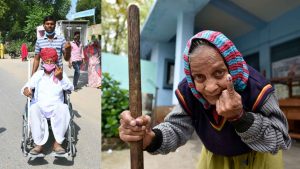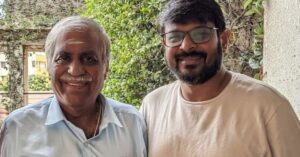Amazon’s Bid to Empower Teachers Helps 6000 Kids in Pune Learn Coding, Computer Science
Teacher Manoj Panchal and project associate Tejas Bhirud explain how Amazon’s Future Engineer Program is infusing technology with everyday learning to empower government school kids with skills in coding, computer science, and robotics.
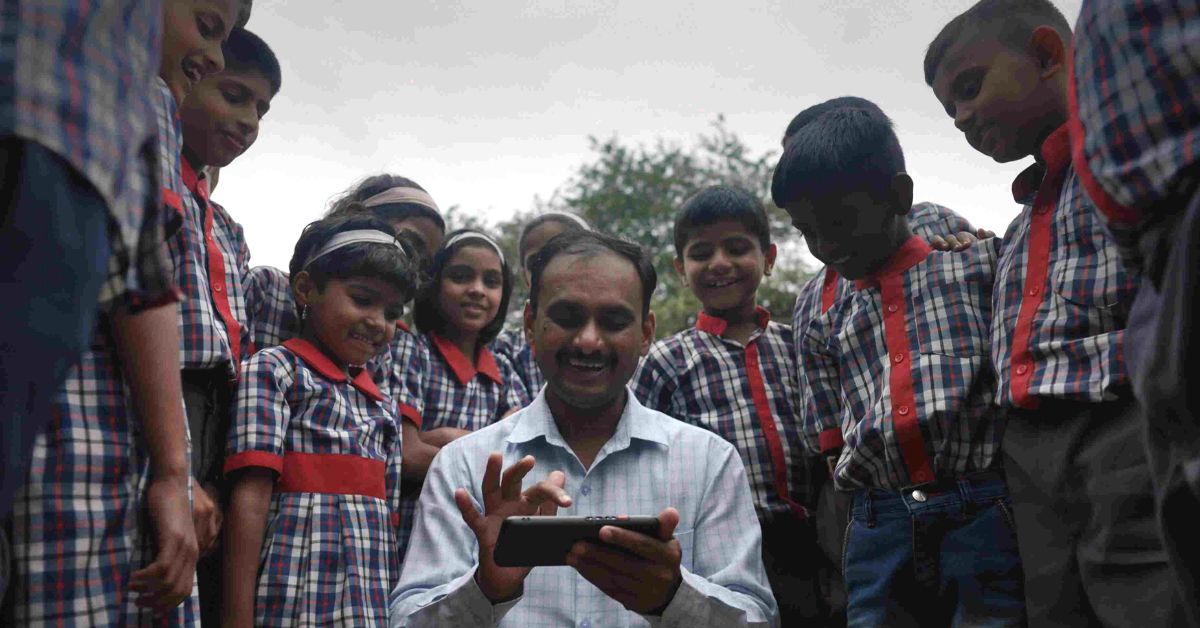
This article has been sponsored by Amazon India.
For Manoj Panchal, a highlight of teaching at the Zilla Parishad Primary School in Maharashtra’s Bahuli, is watching his students’ faces light up with joy when they learn something new. “It makes me feel like my purpose of being a teacher is being fulfilled,” he says.
Narrating how his classroom transformed from a textbook-oriented learning environment to one that infuses technology with everyday knowledge, Manoj says he credits the Amazon Future Engineer (AFE) programme for this.
Under this programme, Amazon launched the Certificate Course for Coding Fundamentals (C3F) for government school teachers in January 2022. This course aimed to provide teachers from across Pune’s rural schools a platform through which they could familiarise themselves with the fundamentals of computer science.
Over the next five months, the educators spent a total of 40 hours learning coding, different software technologies, and design principles that they would then impart to children in their individual classrooms.
In May, Manoj and other educators stood on the cusp of a new style of teaching. They felt “future ready”.
He says when he went back to teaching his class armed with these new coding insights and computer science hacks, the students sat up straight.
Learning was now fun.
21st-century skills
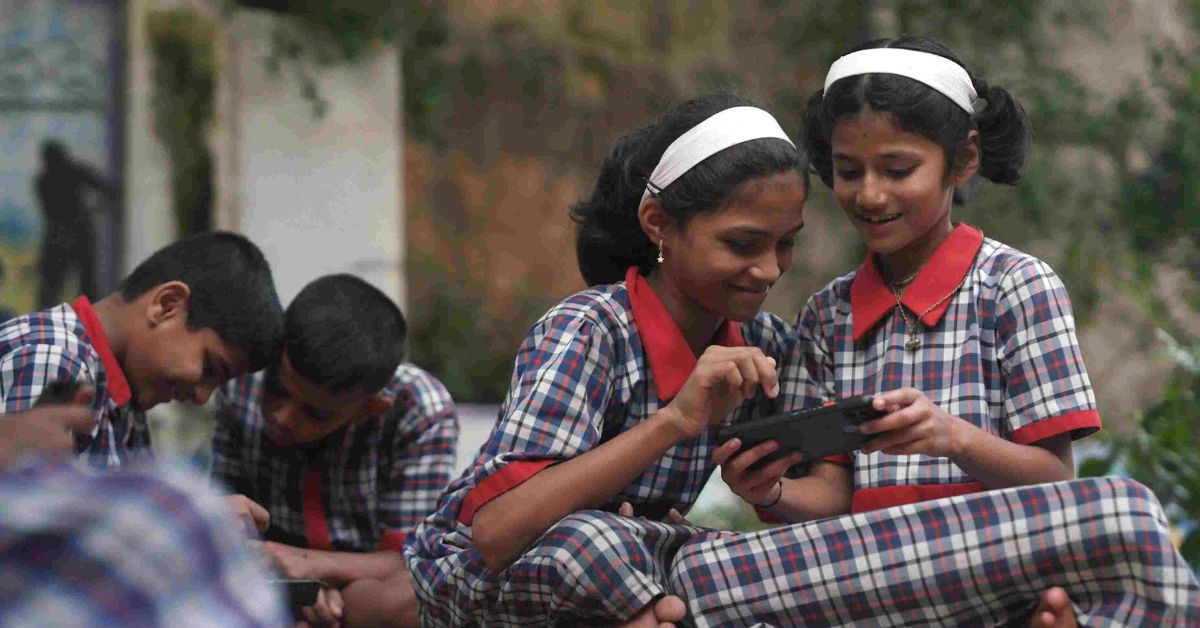
The Amazon programme was run in association with DIET Pune — the academic body of the district that is responsible for teachers’ professional development.
Tejas Bhirud from Leadership for Equity — an NGO that works towards improving the quality of education — and project associate for the AFE programme says it was “a step in the right direction”.
“Take, for instance, Manoj sir, who was always a techno-savvy teacher and well-versed in using different applications. The AFE course gave his skills a boost and now along with knowing and understanding coding himself, he is even able to share this knowledge with his students. This circular model fulfils the aim of the course.”
Tejas says that in the following months, the teachers saw a visible difference in their classrooms.
“Manoj’s classes were a riot of activity — students who were used to learning concepts through a textbook were now seen integrating coding into subjects like Mathematics,” he notes. “For example, to draw a square manually, students follow a series of steps which essentially is an algorithm. But the same square can be drawn quicker and more easily using a set of codes.”
He adds that this not only simplifies the learning process, but teaches children to apply the skills they learn.
However, when one places this change in teaching modules in the context of rural India, there are several variables at play. For instance, what about access to devices and the acceptance of technology?
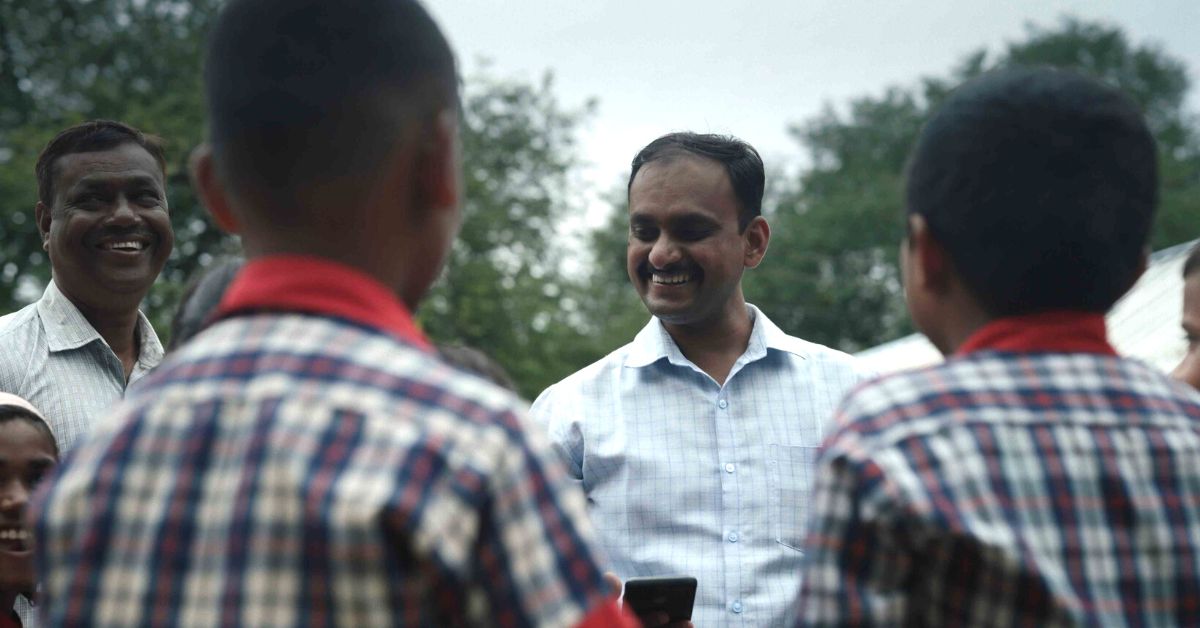
“This is where unplugged activities come in,” says Tejas. “We take into account that while the teachers are equipped with the knowledge of tech, it may not always be possible for the students to have the resources to practice.”
‘Technology is something that’s no longer in the background.’
“While asking students about their understanding of sequencing, we conduct a roleplay exercise. One student plays the human and the other the robot. This unplugged activity tests their knowledge while making learning fun,” he adds.
Additionally, Scratch — a block-based visual programming language — fascinates children with its block-based design. The software aims to teach students the basics of coding and computing. Manoj uses the software to help children create animations, games and interactive stories.
“While 576 teachers from Pune enrolled for the course, 3,000 students were impacted in the process. The reach is wide,” says Tejas, adding that the AFE programme has goals that are “beyond the horizons of the classroom”.
“Yes, it does equip children with the necessary skills they need for a career in, let’s say, engineering or robotics. But what it also does in the process is arm teachers with 21st-century skills. This is the broader objective.”
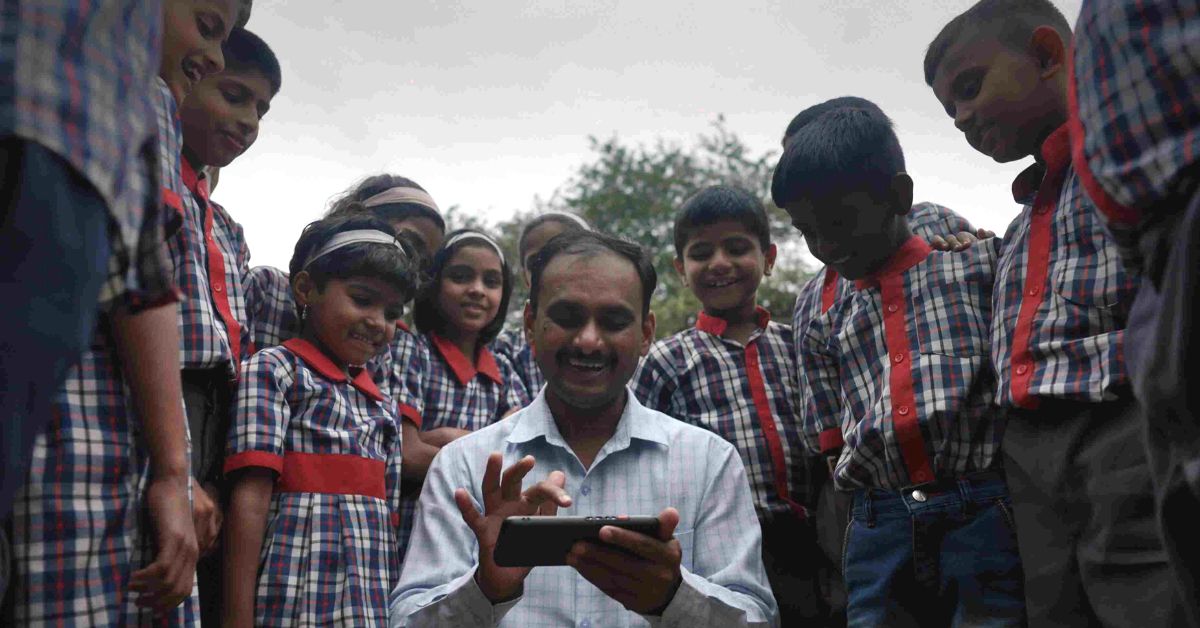
Tejas adds that in the months to come, these coding sessions will be formally integrated into the timetables at schools. At the moment, it is up to the teacher’s discretion as to how often they wish to have these lectures.
Meanwhile, anyone who walks by Manoj’s classes will be met with a fascinating sight.
A projector on the board is filled with text and visuals relating to topics of science and maths. The fascination with learning these concepts reflects on the students’ faces, who scramble to get a good look at what’s going on.
Will India’s classrooms soon reflect this transformation?
“Computer science is a part of life now. Technology is no longer something in the background, but rather the highlight of our lives,” says Tejas.
“The sooner India’s children are equipped with these skills, the better the future that awaits.”
This story made me
- 97
- 121
- 89
- 167
Tell Us More
We bring stories straight from the heart of India, to inspire millions and create a wave of impact. Our positive movement is growing bigger everyday, and we would love for you to join it.
Please contribute whatever you can, every little penny helps our team in bringing you more stories that support dreams and spread hope.






